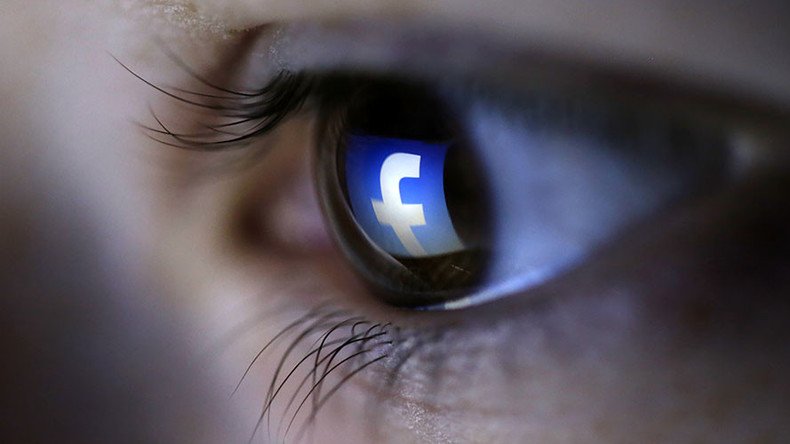Facebook’s new AI-powered photo search – cool or creepy?

Facebook’s AI Research Division has developed an incredibly powerful new tool that will enhance users’ photo searching capabilities, help the visually impaired, and protect against objectionable material and spam appearing on the site.
“Until recently, online search has always been a text-driven technology, even when searching through images,” said Director of Applied Machine Learning Joaquin Candela in a blog post announcing the latest photo search upgrade.
READ MORE: Facebook admits handing thousands of its users’ details over to British authorities
The so-called ‘backbone’ of Facebook’s AI, the FBLearner Flow, runs 1.2 million AI experiments a month, a sixfold increase from 12 months ago, thanks to a huge improvement in automated machine learning.
Lumos is the machine learning platform that Facebook has deployed to catalogue both images and videos hosted on the website.
“More than 200 visual models have been trained and deployed on Lumos by dozens of teams, for purposes such as objectionable-content detection, spam fighting, and automatic image captioning,” the social media superpower said.
By pooling the resources of various departments within the machine learning and AI research subdivisions, Facebook claims users can now search through their photos without the need for proper tagging or a detailed caption.
What that means is that users can now search for old holiday snaps based on what you were wearing at the time, even if you can’t recall exactly what year the holiday took place.
A deep neural network with millions of parameters powers the object recognition aspect of the platform, meaning not only specific objects, but also the context around them, can be identified.
In addition, the search queries and their respective results are gathered on a continuing basis, so there is ever-improving precision in future search results.
READ MORE: Chinese selfie app raises red flags with security researchers over privacy concerns
Candela also stated that the company’s overall goal is to “weave AI into the Facebook engineering fabric.”
What this entails for the future of not only the platform itself but social media as a concept remains up for debate, especially given ever-increasing cyber-security concerns.
Privacy has become an increasing social media gremlin, and these latest features do raise certain questions about the right to privacy in the future.
It remains unclear whether there is an opt-out for the new feature or whether current security protocols could be incorporated without issue.
This would afford hackers and users with malicious intent a wealth of knowledge previously unheard of, such as a person’s travel patterns or even their daily routine (depending on the frequency of posts).
Recent updates to the site, such as the “stalker-ish” feature ‘Discover people,’ have raised concerns about where the social media platform is headed and to what extent users can control such new features.
Given that Facebook is fast approaching two billion users, such a vast amount of image and video data available from around the world could provide the company with a truly mind-blowing amount of information never before seen in history.












